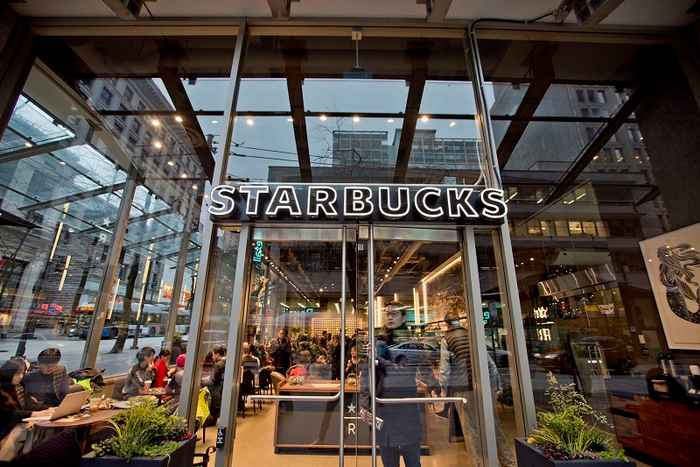
The study programme
The programme
Digital Marketing is one of the tracks of the Master's Business Administration. During your Master's you will follow 5 general courses and 3 track-specific courses. You will finish with a thesis. If you have a fundamental drive to challenge the corporate environment, you can participate in one of our Honours programmes.
-
Ethics and the Future of BusinessPeriod 14
The purpose of this course is to explore the trends, core concepts, theories, and approaches of business ethics and corporate sustainability. The course is divided into a general part and a track-specific part.
-
Theories of MarketingPeriod 16
Focuses on the key and emerging theories that shape marketing management and marketing thought today. Core themes are the historical development of marketing thought, marketing strategy and consumer behaviour as the fundamental disciplines that marketing is built on, and the impact of current trends and digitisation on the function of marketing.
-
Business Seminar and Managerial SkillsPeriod 1Period 2Period 34
-
Managerial SkillsPeriod 1Period 2Period 3—
-
Consumer BehaviourPeriod 26
Provides insight into how people behave as consumers and discusses the theoretical and managerial implications of such behaviour for businesses. Core themes are the roots of consumer behaviour in consumer psychology, the role of environmental factors (social, media, technological), and contemporary developments, such as the impact of ethics innovations on consumer perceptions and behaviour.
-
Digital Marketing and AnalyticsPeriod 26
Establishes the importance of recent approaches and marketing analytics as key elements in understanding digital marketing in today’s world. Core themes are e.g. touchpoints and customer journeys on digital marketing platforms, search marketing and SEO, omni-channel customer management, and social media marketing and analytics.
-
Thesis Proposal Digital MarketingPeriod 34
This course is meant to support you in writing you research proposal for you Master's thesis. During the course, you will learn how to change a general topic into a specific research proposal.
-
Business Seminar and Professional SkillsPeriod 4Period 52
To prepare you for your professional career, this course is a combination of a series of corporate guest lecturers in Royal Theatre Carré and an offering of professional skills training e.g. Presentation Skills, Programming with Python and more.
-
Restricted-choice electives: Professional SkillsPeriod 4Period 5—
-
Restricted-choice electives: Methods-WorkshopsPeriod 42
-
Restricted-choice electives: Analysis-WorkshopPeriod 52
-
Restricted-choice electives: Business Lab ElectivesPeriod 4Period 512
In The Business Lab, you can choose from a wide selection of electives we call business labs. Each one is connected to a corporate partner. You will be challenged to solve real-world business issues, working in international teams and presenting your solution to the company.
-
Master’s Thesis Digital MarketingPeriod 4Period 5Period 612
Honours programmes
Highly motivated students can participate in the Master's Business Administration Honours programmes Sustainability or Data Driven Management. These challenging programmes are a great chance to stand out for future employers.

The programme turned out not only theoretical, but also very practical. We learned how to apply the theories into complex real-life business cases.Miu Fong Kam - track Digital Marketing Read about Miu's experiences with this Master's

Starbucks plans to make use of information derived from social media posts (Twitter, Instagram, Facebook etc.) to make better decisions about locations and design for new coffee stores in the Amsterdam region. It is your task to collect the relevant information, run the appropriate analyses, and develop sound recommendations to Starbucks management.
-
When do I need to select a specialisation track?
A specialisation track must be chosen when applying for the Master’s programme. However, track modifications are still possible until late October. The criteria for all tracks are identical and do not impact the likelihood of being accepted into the programme.
-
How many students are in the programme?
Our Master’s programme is selective and admits between 60-120 students per specialisation track.
-
What are the weekly contact hours?
Most courses have one 2-3 hour lecture and one 2-hour tutorial per week. Generally students take 3 courses at a time, so count on about 12-15 contact hours per week.
-
Will all lectures be held in person, or will there be options for online attendance?
Our preference is for in-person lectures. Certain sessions may be pre-recorded or follow a hybrid format. This entails preparing for Question and Answer (Q&A) sessions through video clips and readings, with subsequent discussions during meetings.
-
Is attendance compulsory for lectures, tutorials, and other sessions?
Attendance is usually not compulsory for lectures, but commonly for tutorials and other sessions. Students greatly benefit from being present and engaging in discussions with both the instructor and their classmates.
-
What is the typical method of assessment for most courses?
The majority of courses have a final written on-site exam. Most courses have additional assessment methods, including oral presentations, developing research proposals, conducting experiments and writing up results. Finally, some courses grade active participation. This is reflected by attendance and activity in tutorials and online assignments.